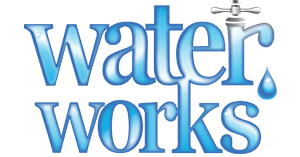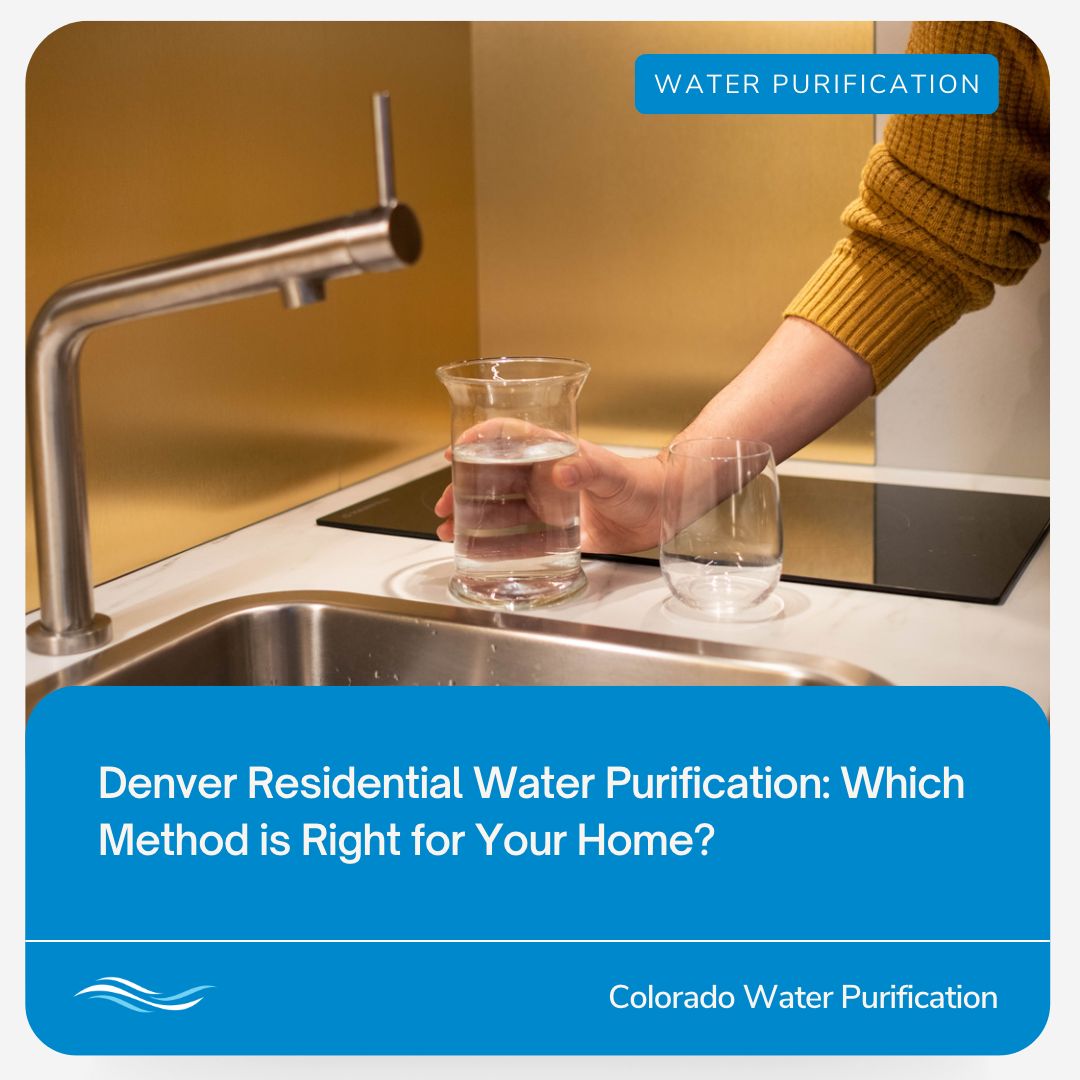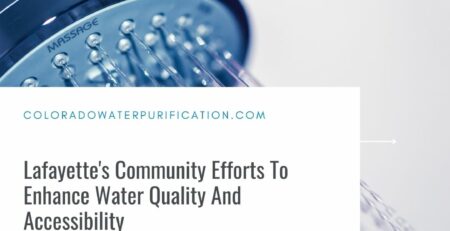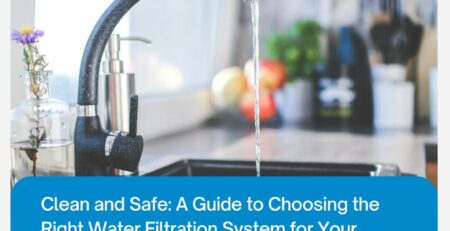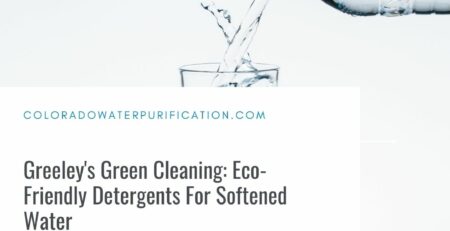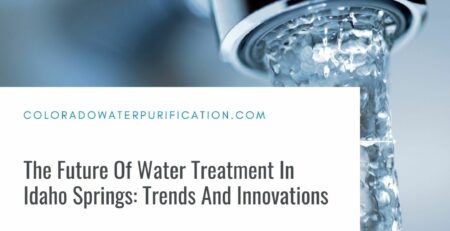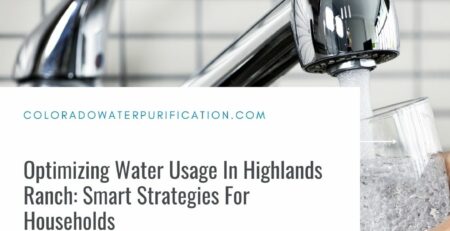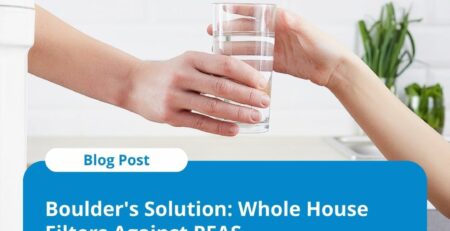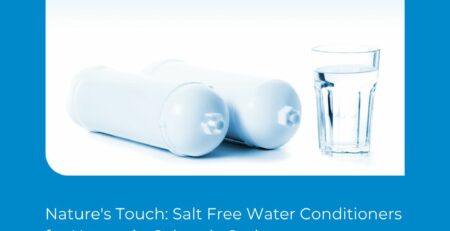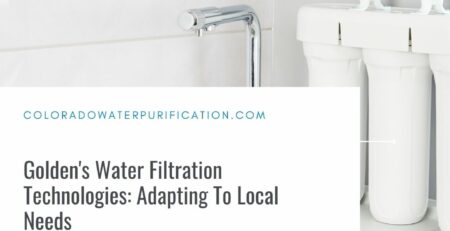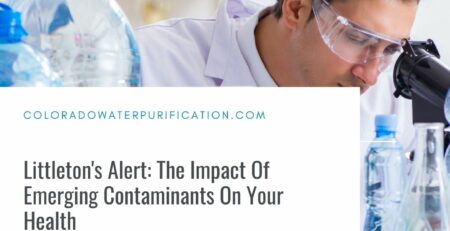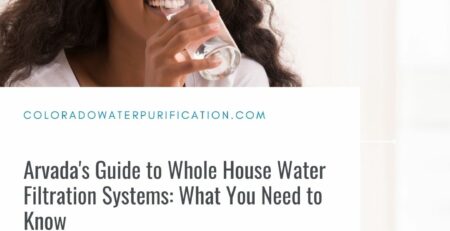Denver Residential Water Purification: Which Method is Right for Your Home?
Are you concerned about the cleanliness of the water that comes out of your faucet? If so, you are not alone. Millions of Americans worry about their drinking water quality each day, and with good reason. The Environmental Protection Agency has recognized that even in well-managed municipal systems, contaminants can still be present in our tap water. Fortunately, homeowners have a variety of options when it comes to residential water purification—from filtration systems to reverse osmosis machines—allowing them to choose a solution that works best for their needs and budget. In this blog post, we will discuss the different methods for home water purification so that you can make an informed decision and find peace of mind knowing your family is drinking safe and healthy water.
Overview of the different methods of residential water purification
Denver residents have a variety of residential water purification options to choose from – each method offering its own set of advantages and disadvantages. Most popular are sediment, activated carbon, reverse osmosis, ultraviolet treatment, and distillation – all of which are effective at removing pollutants from Denver’s drinking water supply. The challenge is finding the right method for your home; it will come down to studying the differences between each technique in order to determine which one best meets your family’s needs. Protecting the health of you and your loved ones should be top priority, so take some time to research the various methods available to determine which type of Denver water purification system will work best for you!
Advantages and disadvantages of the different methods
When it comes to water purification in Denver, there are a few methods to consider. Each water purification method has its pros and cons, so it’s important to weigh up the advantages and disadvantages before deciding which one is right for your home. Reverse osmosis is a common water purification strategy that can remove most impurities from water, but due to the numerous membranes that need replacing, operating costs rise with time. Ultraviolet water purification is another option, but you have to make sure you choose a system with high wattage as low wattage systems may not be able to kill all water-borne contaminants. Finally, carbon filters offer fantastic value for money in the long run because you only need to replace them every 18 months or so and they remove most chemicals found in water sources—making them very reliable.
Cost comparison between each method
When it comes to residential water purification, cost can be an important factor in deciding which method fits best into your budget. While the upfront costs of installation may differ depending on the method you choose, most methods come with basic maintenance and upkeep fees that should also be factored in. The most cost-effective option is a point-of-entry system, as it filters all water entering your house as opposed to filtering each faucet/outlet separately. However, you should consider factors beyond price when determining what method of purification is best for your home. Ultimately, the choice should depend on your health and safety needs and the particular environment in which you live.
Factors to consider when choosing the right method for your home
When it comes to finding the right method for purifying your home’s water, there are several things to consider. Price, ease of use and installation, size & maintenance needs are all important factors. Different techniques of residential water purification have varying price points – from installing a new filter system to refilling an existing container. The time and effort required to set-up and maintain the chosen technique must be included in the decision. For example, a reverse osmosis filtration system requires initial installation by a professional plumber whereas a water pitcher may need as little as changing out a filter every few months. Additionally, space will factor into which technique may be best suited for your home; you would need plenty of counter space for an under the sink filtration unit or the room in the refrigerator for a large jug. By doing research and determining what criteria fit your lifestyle and budget, choosing the right method for residential water purification can be manageable!
Common myths about water quality and how to dispel them
Denver drinking water is regulated to be safe, but it can still contain contaminants from natural and man-made sources. Many Denver residents come across misinformation about this topic and may have questions about Denver’s water quality. It’s important to dispel any common myths about Denver’s residential water purification so that locals can make the most informed decisions for their home. A few of the most widely held beliefs include that filtering and treating the water is expensive and unnecessary, but there are actually several low-cost solutions available for Denverites, such as activated carbon filters, reverse osmosis systems and UV light treatments that effectively remove unwanted agents from their drinking water. Research each of your options and find a method that meets your needs—because when it comes to Denver’s residential water purification, knowledge really is power!
Tips on how to maintain good water quality in your home
Good water quality is an important part of ensuring your home is safe, healthy and comfortable. To help maintain good water quality in your home it’s important to search out ways to filter sediment and other impurities. Additionally, the use of water softeners can help to remove limescale which can form in fixtures and piping over time. Finally, it’s a good idea to have periodic tests done to ensure your residential water supply is free from contaminants and within acceptable levels. Follow these tips and you’ll be sure that you’re doing all you can to keep your home’s drinking water safe.
In conclusion, selecting the right method of residential water purification depends on a number of factors, such as the quality of your home’s existing water supply and the type of purity desired. We’ve outlined several methods here and detailed the advantages and disadvantages of each, so you can make an informed decision that suits your needs. Cost is also an important factor to consider when selecting the right method for your home. Additionally, busting myths about water quality can help dispel rumored beliefs and misconceptions about potential hazards in drinking water. Lastly, investing in good maintenance practices can help keep water at optimal levels by preventing clogs, leaks, and contamination sources from entering your home. If you have any questions, please give us a call!
